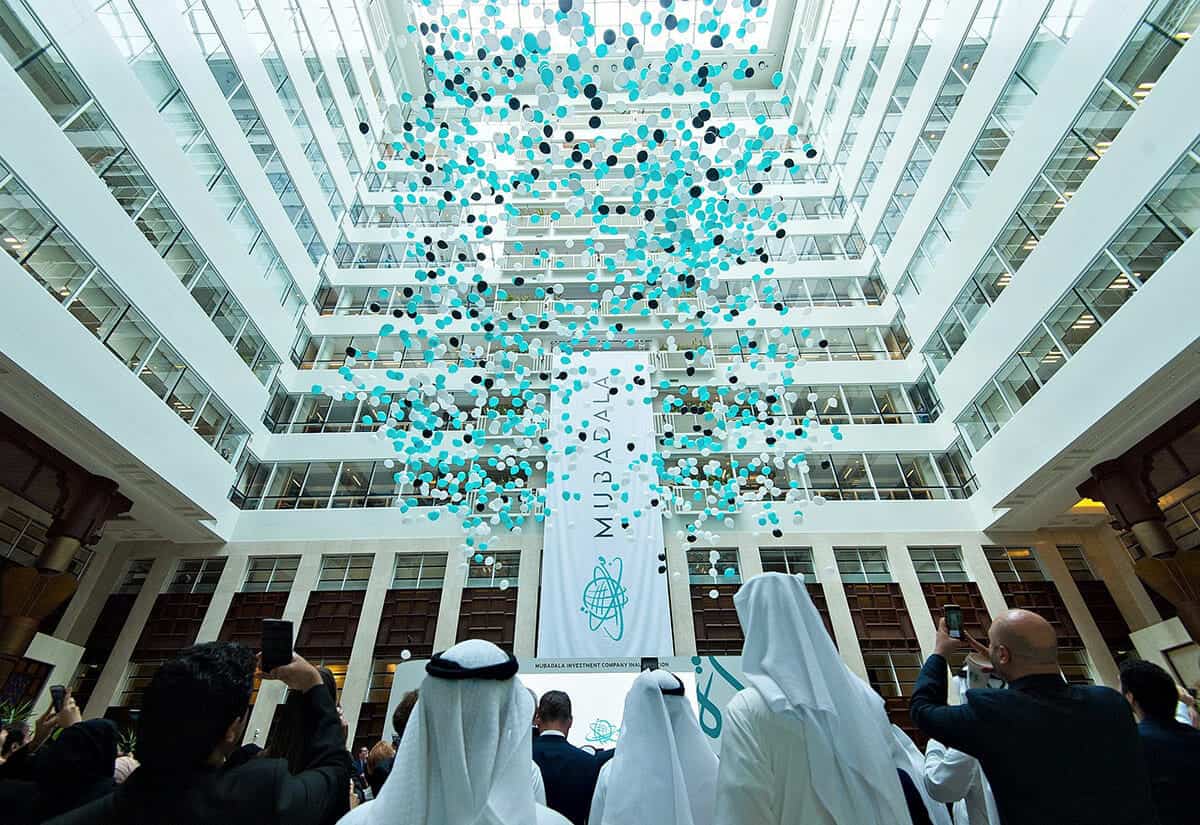Mubadala Capital, the asset management subsidiary of Mubadala Investment Company, has closed Brazil Special Opportunities Fund I (BSOF I), its first fund in Brazil, with total commitments of $322 million.
The fund raised capital from a diverse set of global investors, including a leading public pension fund, family offices, corporates, private equity funds and asset managers across North America, Europe, the Middle East and Asia.
Oscar Fahlgren, Head of the Brazil strategy at Mubadala Capital, said the company started investing in Brazil almost 10 years ago and over that time it has built a “highly talented team with a differentiated approach to the market underpinned by maximizing upside while simultaneously mitigating risk”.
BSOF I is focused primarily on control positions in mature companies that are facing some form of financial or legal distress but where the underlying business fundamentals are compelling.
This strategy enables BSOF I to acquire businesses at attractive entry prices, creating a margin of safety at the closing of the transaction that reduces BSOF I’s dependency on Brazil’s economic cycles including currency depreciation while retaining the upside exposure associated with a growing economy, the company said.
Mubadala Capital manages over $10 billion of assets in third-party managed funds across its Brazil, private equity, public equities and venture capital businesses, and Mubadala was the first sovereign wealth fund to manage third-party capital on behalf of other institutional investors.

